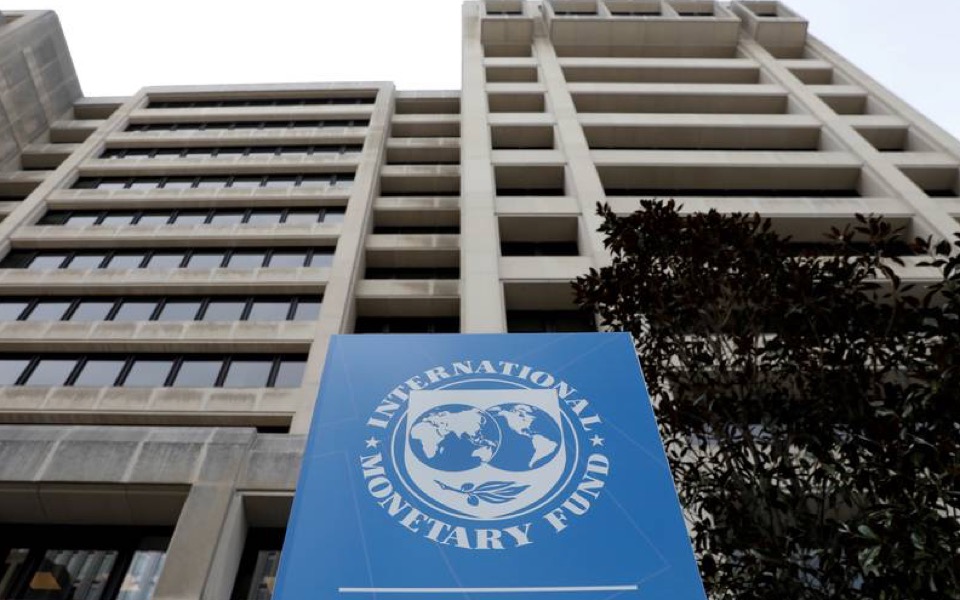Greece still vulnerable, lower fiscal targets could help recovery, says IMF

Greece needs to agree with its eurozone lenders on a lower fiscal target path to achieve a sustainable economic and social recovery, the International Monetary Fund said on Friday after a mission visit to Athens.
Greece, which emerged from bailouts in August last year, has committed to meet a 3.5 percent of GDP primary budget surplus, excluding debt servicing costs, each year up to 2022. The target drops to 2.2 percent thereafter.
This year, Athens is expected to deliver on its commitment, the Washington-based Fund said in a statement. But for 2020, it recommends that a lower primary balance path should be agreed, “given ample economic slack, critical unmet social spending and investment needs and to accommodate spending that would create synergies with stepped-up reforms.”
It did not recommend specific new targets on the primary budget surplus sought.
Greece has returned to growth after almost a decade of crisis but it still burdened by the highest debt in the euro zone as a percentage of annual economic output.
Growth is expected at around 2 percent this year and next, the IMF said, warning that long-term debt sustainability was not assured. One of the factors posing a risk to Greece's economic recovery is its weak banking system.
“Fixing the banking sector, currently a misfiring engine of growth, is a top priority,” the Fund said. “These and other factors leave Greece vulnerable to a range of external and domestic shocks.”
Despite unblocking privatizations and reforms, the conservative government, which was elected in July taking over from a leftist administration, was still facing an “uphill battle,” the IMF said.
“Much of the needed structural transformation of the Greek economy still lies ahead,” the IMF said, urging Athens to liberalize product markets and closed professions further and push through reforms to become more competitive.
Greece's new government should use its fresh mandate and improving investor sentiment “to deploy a full range of policy tools and overcome long-standing vested interests, which would help boost growth,” it said.
It said that broadening the tax base could be more effective than cutting direct tax rates, as the government plans, adding that Greece needs to significantly scale up social spending and investment and reverse the restoration of pre-crisis pension bonuses. [Reuters]





